I remember clearly the first page of the first lecture series by Rudolf Steiner that I ever read. I was astonished. Steiner writes what an imaginary ancient oriental sage, in contemplating modern Western civilization, would say: “You are living entirely in fear; your whole mood of soul is governed by fear. All that you do, as well as all that you feel, is saturated with fear and its reverberations in the most important moments of life. And since fear is closely related to hatred, so hatred plays a great part in your whole civilisation.” (GA 207) Steiner formulated exactly what I myself had observed about this civilization. I was about 20 years old, and reading Steiner became my main occupation for several years.
How do you overcome fear and hatred? One sentence, in the middle of one of Steiner’s greatest books, Occult Science, can sound like a summary of his entire work: “Love is the result of wisdom reborn in the ‘I.’” (GA 13) Wisdom must disappear within the ‘I’ to be reborn in a new form: love. I can feel full of wisdom and moral virtue and yet live in fear and hatred. Isn’t that precisely the specter that haunts Europe today, regardless of party or position: fear and hatred disguised as external moral values? Isn’t that also the danger facing Rudolf Steiner’s readers if they don’t recreate everything they read from within their own ego?
If it isn’t destroyed and reborn within my ego, the highest wisdom remains powerless to overcome fear and hatred. That is why neither moral values nor wisdom-filled literature are sufficient: anthroposophy seeks to become love.
Translation Laura Liska






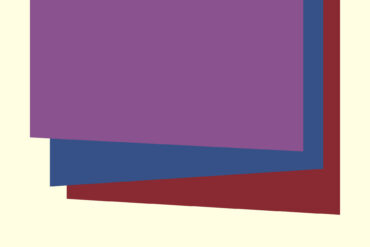
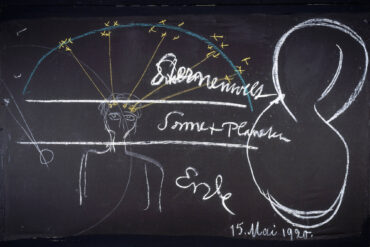
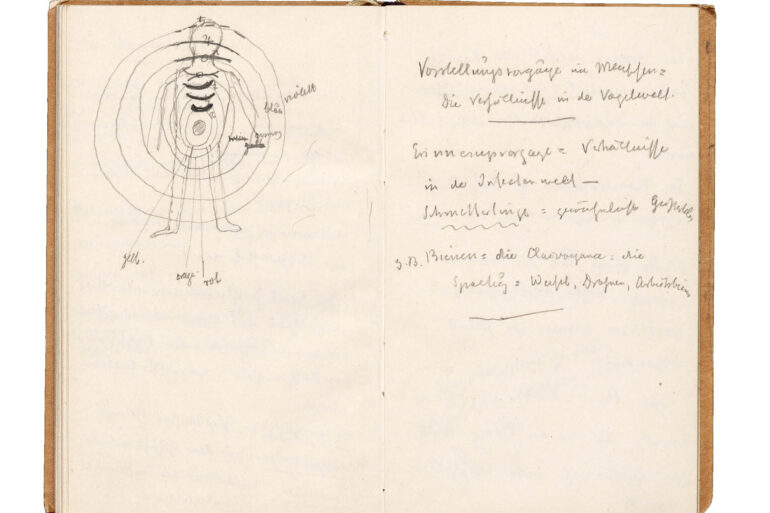
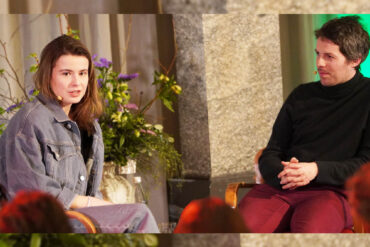
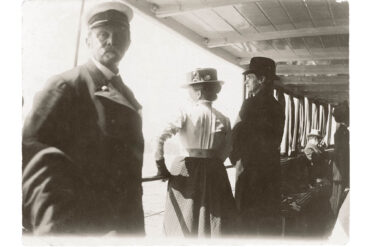
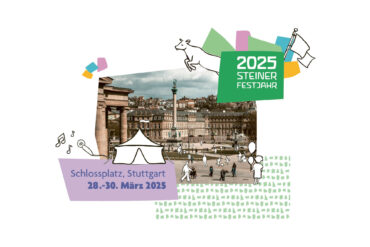





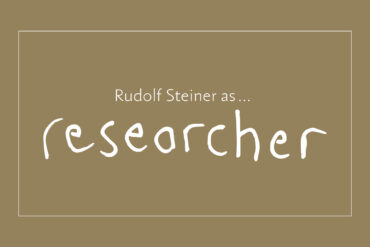

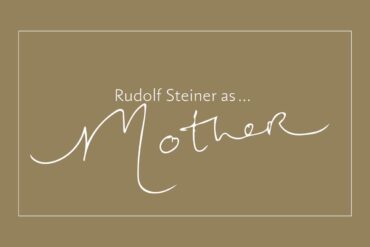

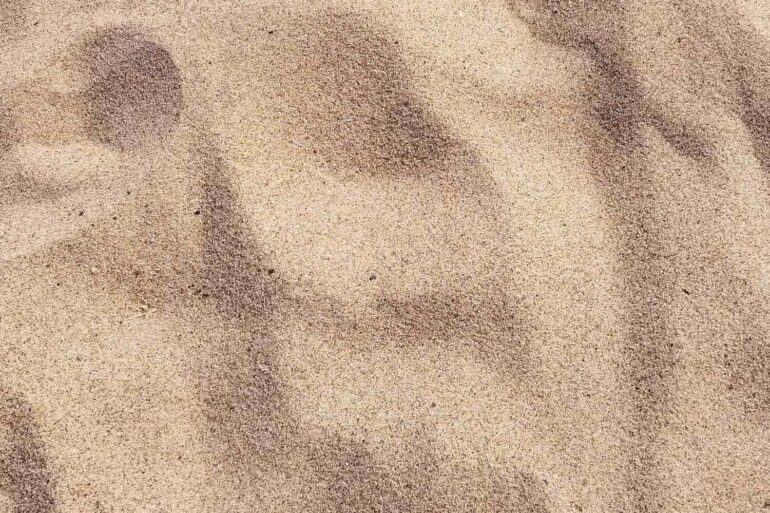





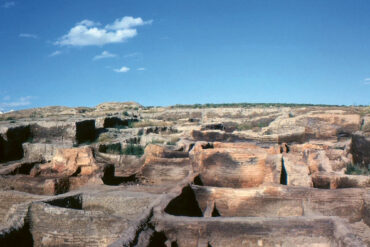
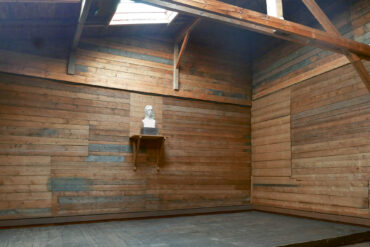

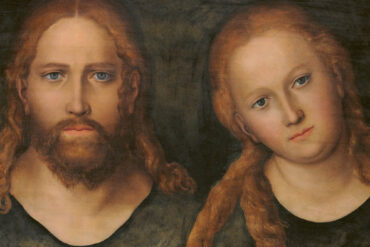
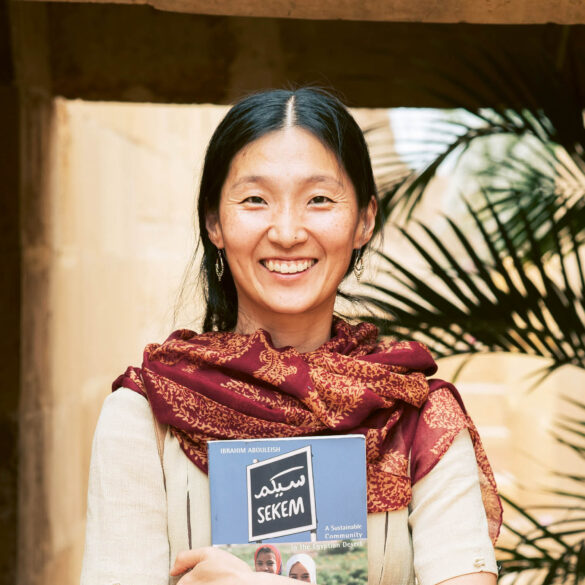



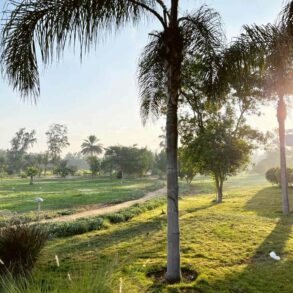
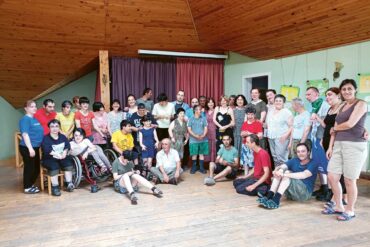

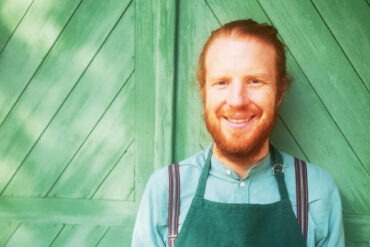


Letzte Kommentare